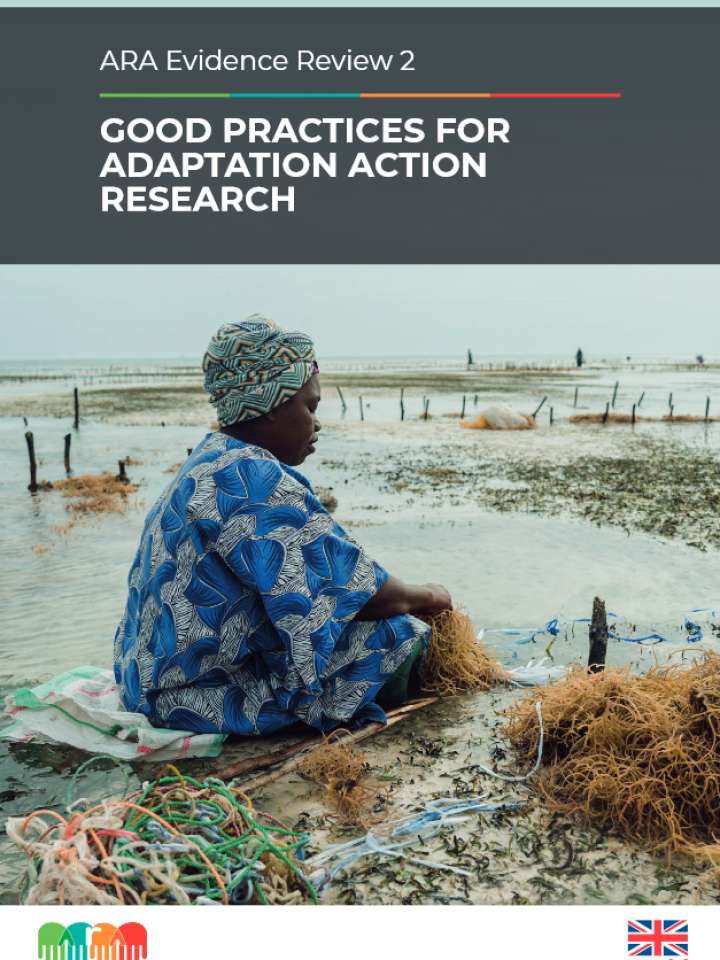Good practices for Adaptation Action Research
For climate change adaptation to be effective, it needs to be context-specific and driven by both social and environmental considerations. Adaptation must also be based on the ever-evolving field of climate change science, and able to incorporate new research and knowledge continually throughout the adaptation process. Research can help to inform adaptation actions towards incorporating predicted changes in the climate, potentially reducing the risk of maladaptation, as well as enhance the understanding of climate risks and their interactions with other societal risks. For these reasons, the role of research is central to successful climate change adaptation. Action research (AR) can provide a well-established framework for linking adaptation research to practice. It refers to a broad field of research focused on two objectives: contributing to the practical concerns of people in a problematic situation and advancing social science. AR offers a promising means of ensuring that adaptation meets the requirements of ever-changing local social and environmental contexts.
To catalyse increased investment and capacity for action-oriented adaptation research, the Adaptation Research Alliance (ARA) was officially launched at the 26th Conference of the Parties (COP26) in Glasgow in 2021. The global coalition of researchers and practitioners believes that a new paradigm of action-oriented research is needed to inform effective adaptation, which is southern-led, collaborative and co-developed. The Alliance has designed six Adaptation Research for Impact Principles, which should help to overcome the barriers in adaptation research, such as a disconnect between research and the needs of the most vulnerable, or limited learning from implementation.
This report showcases evidence of adaptation AR in practice while offering preliminary insights into how the principles emerge and interact in particular contexts. The findings are based on an analysis of twenty projects and initiatives which have – intentionally or not – incorporated the principles into some elements of their work on adaptation. The projects that were scrutinised predominantly have a primary focus on research outcomes, while others are action projects that have a complementary or aligned research component. Directed by a set of indicators, the analysis is aimed to generate a better understanding of how the principles can be operationalised in different ways. This should enable funders, actors and scholars to integrate the principles into their work by learning from existing projects and experiences
Explore further
